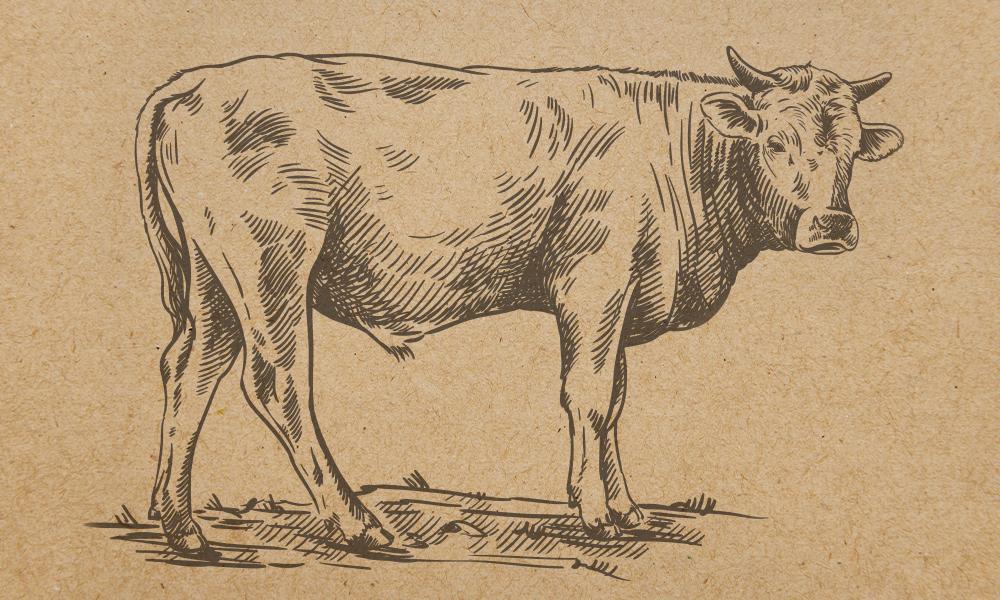
We Are What We Eat
And So Is Our Planet
And So Is Our Planet
Pope Francis’ Laudato si’ focuses on our responsibilities toward the environment (and by extension, the people with whom we share this planet). But you don’t have to go beyond the introduction to see that he is hardly the first Pope to raise an alarm about environmental concerns. Blessed Pope Paul XI, St. John Paul II, Pope emeritus Benedict XVI and others are cited just in the first few pages.
Pope Francis’ Laudato si’ focuses on our responsibilities toward the environment (and by extension, the people with whom we share this planet). But you don’t have to go beyond the introduction to see that he is hardly the first Pope to raise an alarm about environmental concerns. Blessed Pope Paul XI, St. John Paul II, Pope emeritus Benedict XVI and others are cited just in the first few pages.
I always thought I was informed on ways to reduce my impact on the environment. Recycling, cloth diapering, reusable cups and grocery bags, secondhand clothes over fast fashion, etc. are all in my repertoire.
So, imagine how betrayed and misinformed I felt when I learned that the biggest environmental impact any person has is not how long their showers are or what goes on their baby’s bottom, but what they eat.
Laudato si’ addresses several concerns, with climate change and pollution, water consumption and loss of biodiversity being the first three listed. The biggest contributor to each one of these is the business of raising animals for food:
- Animal agriculture and its by-products are responsible for more greenhouse gas emissions than all modes of transportation combined.
- You can continue taking short showers if you’d like, but in the United States, domestic water consumption is only 5% of all water use, while animal agriculture accounts for 55%.
- Animal agriculture is the main cause of deforestation. The land is used to graze animals for beef or grow the grain they need to be fed.
- 50% of the world’s grains are fed to livestock — that same number of plants could feed 4 billion people.
About now you’re probably thinking you want to fact check all that, like I did. Please do. Because that’s just the tip of the iceberg.
Global environmental issues are so, well, global, that the consequences, and solutions, seem abstract and out of our control. But after learning about the severe environmental impacts of animal agriculture and connecting it to the welfare of others, with the help of Pope Francis’ encyclical, I felt called to reduce my consumption of animal products.
I know that refusing all animal products completely and immediately would be paralyzing and unsustainable for me, though I respect those who have made that drastic change. But just because we can’t do everything doesn’t mean we can’t do something.
Having a clear line helps guide me and keep me accountable, so I specifically decided to make every meal I prepare for myself plant based. This way I control most meals, but I can still gratefully accept a dinner prepared for me by another, even if it includes meat. Admittedly, dairy is still a weakness, and I’m working on it.
Popes Benedict and Francis and their predecessors may not have specifically focused on what we eat, but they did draw attention in a more general sense to what we consume and how it affects others. The connection between diet and the impact such a seemingly personal decision has on a grander scale makes each meal an opportunity for self-sacrifice and growth.
My point isn’t to tell anyone what to eat, but rather to share information that might inspire someone to make a small change. Maybe it’s switching from dairy milk to plant-based, or instituting Meatless Mondays, or Meatless Lunches (not as catchy). The butterfly effect of your decision may someday help the family suffering from the waste produced by a neighboring farm or the county plagued by droughts.
We may never see the impact of our small changes, but I know someone who sees all. Let’s give him our five loaves of bread and watch what he can do.
Laura Vilaro Ramis is a member of Corpus Christi Church. She lives in Lexington with her husband Guillermo and six children. Email her at lauravilaro@hotmail.com.
